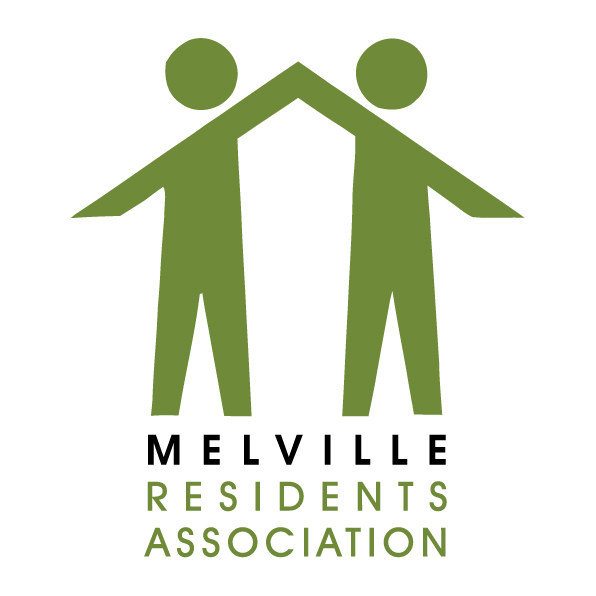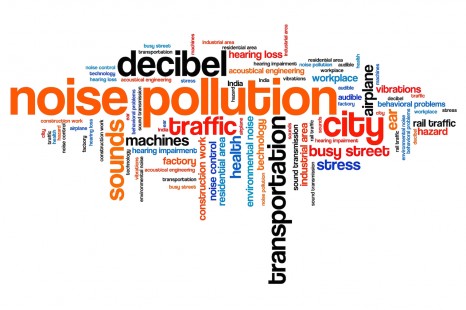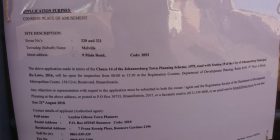We have received an informational pack from our Ward Councillor Bridget Steer with regards to Noise Pollution which includes:
- Understanding Noise Pollution
- Noise Control Regulations
- Standard Operating Procedure for Handling Noise Nuisances
- Information and procedure with regard to Noise Nuisance Complaints Reduced / Sample Affidavit
- Environmental Health Managers & RH Managers Contact list
South African law makes a distinction between ‘Disturbing Noise’ – which is “objective and is defined as a scientifically measurable noise level,” and ‘Noise Nuisance,’ which is “a subjective measure and is defined as any noise that disturbs or impairs or may disturb or impair the convenience or peace of any person.”
Both are illegal in terms of the Environment Conservation Act (73 of 1989) and the Noise Control Regulations. (In terms of Schedule 5 of the Constitution, the individual provinces have been responsible for administering these regulations since 1996.)
Disturbing Noise in the urban environment – a loud party, for example – is usually governed by municipal by-laws, so if your neighbour’s kids are driving you nuts with their doef-doef-doef at a ridiculous 85 decibels after 10:00 p.m. on a Friday or Saturday night, and if they refuse to respond to your polite requests to tone it down, a visit from JMPD will usually do the trick.
Noise Nuisance, on the other hand, is more subjective and usually happens over a longer period. It’s defined as noise that “disturbs or impairs or may disturb or impair the convenience or peace of any person,” and could include dogs that bark incessantly, the roar from machinery, or any, similar, pervasive sound that makes your life a living hell.
Should you require assistance or more information please email our Land Use and Physical Environment Portfolios on:
mra-landuse@ilovemelville.co.za ; mra-pe@ilovemelville.co.za
and copy Ward Councillor bridget.steer@gmail.com on it.



